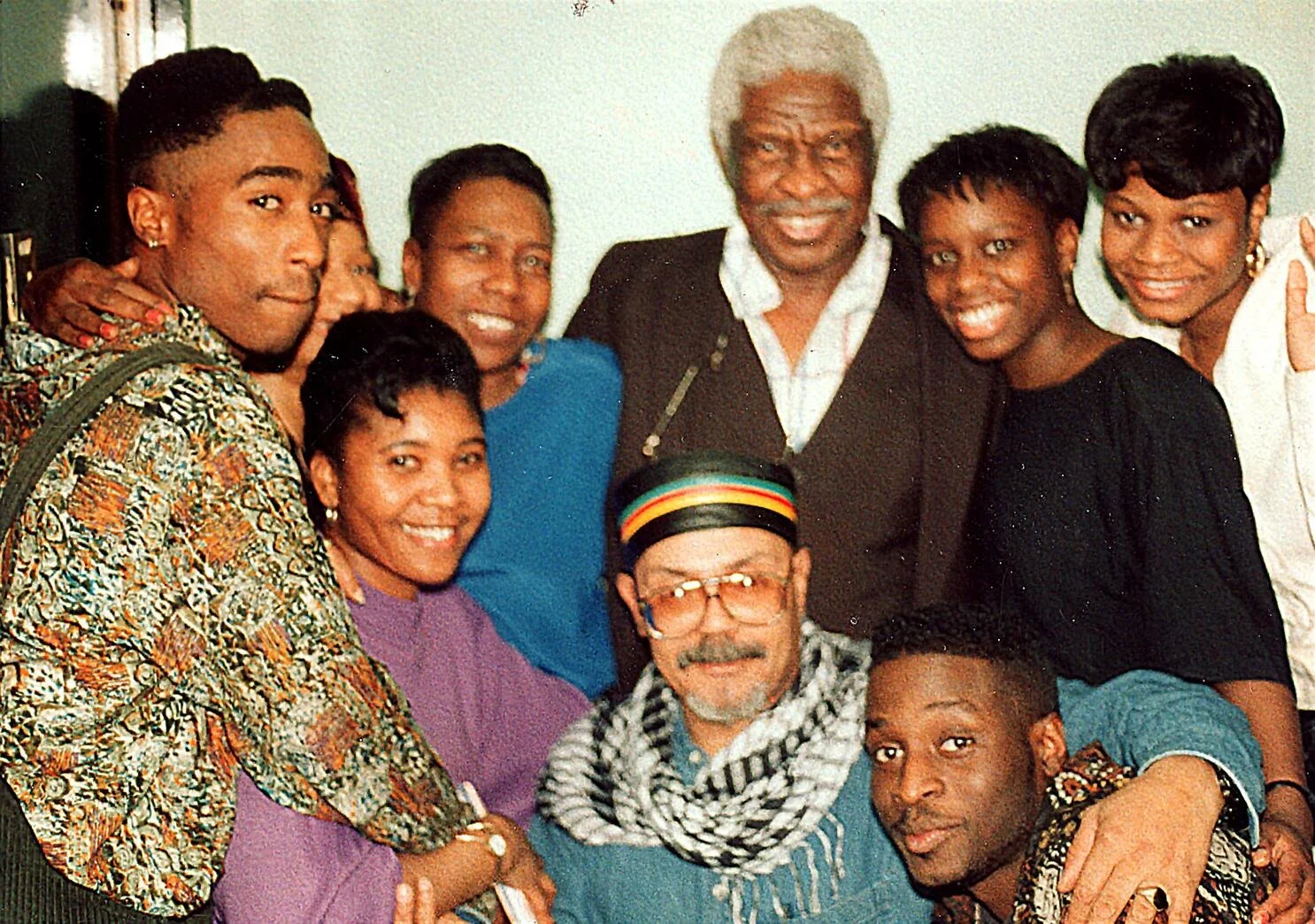✊🏾 The Gutter Report: Assata Shakur Dies in Cuba at 78
From the Turnpike to Havana: Fugitive, Freedom Fighter, or Convicted Killer?
🕊️ Early Life & Radical Path
Born JoAnne Deborah Byron in 1947, she grew up under segregation and systemic racism. By the late ’60s, she was knee-deep in struggle, moving from college activism into the Black Panther Party and later the Black Liberation Army (BLA). To her followers, she symbolized a generation done waiting for freedom — ready to fight for it.
| 🇨🇺 Assata Shakur in Cuba, the country that granted her asylum and protected her for four decades.
🚨 The 1973 Turnpike Shootout
On May 2, 1973, a routine stop on the New Jersey Turnpike exploded into one of the most infamous shootouts of the 20th century:
Trooper Werner Foerster was killed.
Trooper James Harper was wounded.
BLA member Zayd Malik Shakur died at the scene.
Assata Shakur was shot, arrested, and later convicted of first-degree murder.
The State called her a cop killer. Supporters called her a political prisoner, framed and persecuted under COINTELPRO.
| 📖 Assata Shakur during her years in the struggle — her name became a rallying cry against state repression.
🔓 Escape & Exile
In 1979, Assata escaped prison with outside help. By 1984, she was in Cuba, where Fidel Castro granted her political asylum. She lived there until her death — free in exile, wanted in America.
In 2013, she became the first woman on the FBI’s Most Wanted Terrorists list.
A $2 million bounty hung over her head.
Cuba never turned her over.
🎤 The Tupac Connection
Assata Shakur wasn’t just a revolutionary — she was Tupac Shakur’s godmother.
Through family ties, Assata became a guiding presence in young Pac’s life.
She inspired his politics, his defiance, and his distrust of the system.
Tupac immortalized her spirit in interviews and music, carrying her story into the heart of hip-hop.
| 🎶 Tupac Shakur with family — his godmother Assata’s influence shaped his worldview, giving his art a political backbone.
For Pac, Assata was living proof that resistance had a cost — exile, sacrifice, or death. And for Assata, Pac was living proof that her struggle wasn’t forgotten.
📚 Legacy & Death
Her autobiography “Assata” (1988) became required reading for generations of activists. Hip-hop artists and movements like Black Lives Matter upheld her name as a symbol of resistance.
On September 25, 2025, Assata Shakur died in Havana at 78 years old, reportedly from health issues tied to age. Her daughter Kakuya Shakur confirmed the news.
The U.S. pursuit is over. But the debate rages on:
Hero or villain?
Freedom fighter or fugitive?
Martyr of resistance or symbol of violence?
Not for clicks — for clarity.
Good morning and Godspeed.
— Elliott Carterr



